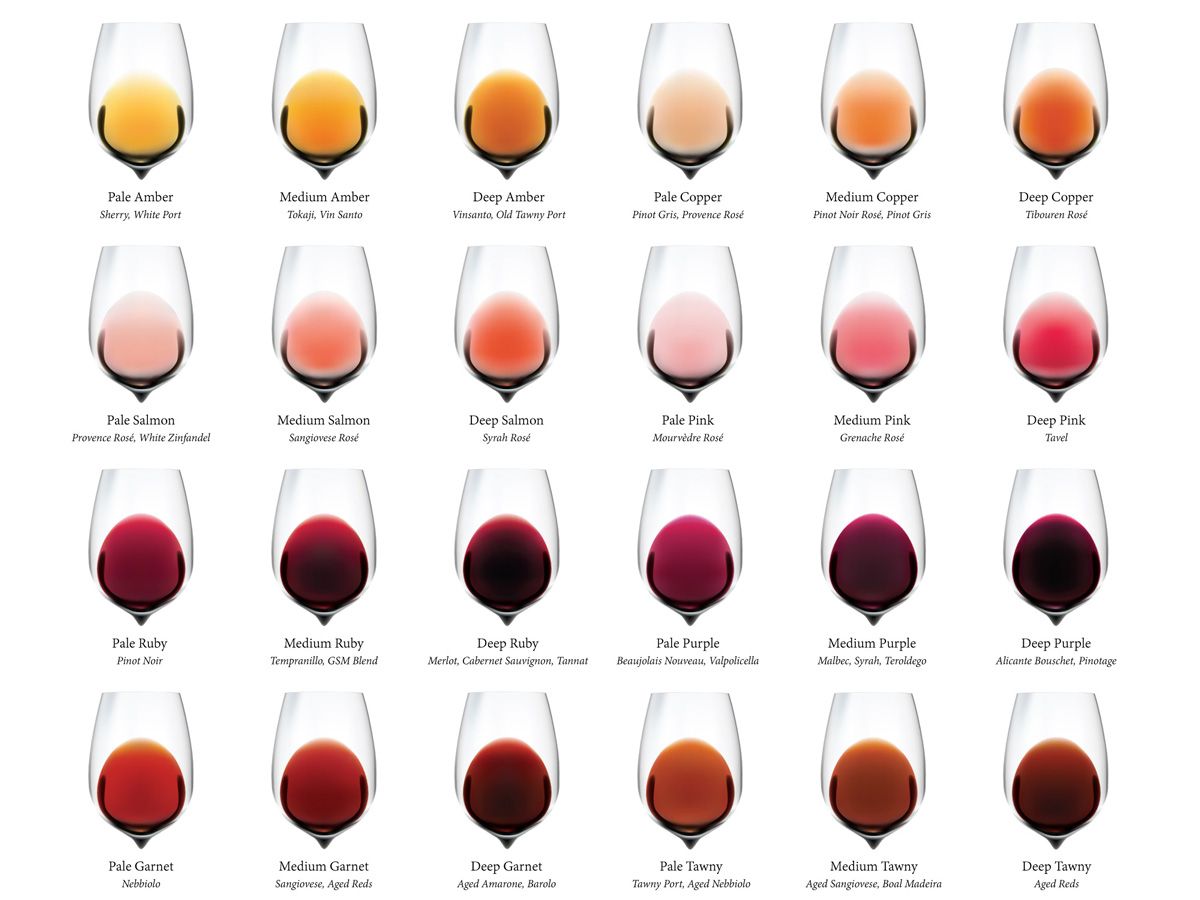Alchemy was the ancient practice of attempting to turn other metals into gold. Over the years it became a metaphor for practitioners as a form of purification of the soul.

These philosophers and metallurgists were students of nature and in their search for the Philosopher's Stone and the Elixir of Life they laid the foundations that gave birth to clinical diagnosis and toxicology.

What would develop into modern medicine?

Are winemakers the new alchemists?
And is red wine the elixir of life?
The medical community is torn.
Alcohol in general is a bad actor in the drama of life, with the sheer volume of diseases and causative factors pointing back to alcohol consumption. Particularly during pregnancy, in the earlier years of brain development, adolescence, and later in life for organ failure, cancer, neurodegenerative diseases, type 2 diabetes, and cardiovascular diseases. Sorry sad but true.
But is this the whole story? Well no.
When looking at the many studies over many years, you must look at them in depth. And when delving deeper the following points come to the surface.
1/ High levels of alcohol consumption are a significant factor in the onset of Cancer, Neurodegenerative Diseases, Type 2 Diabetes, and Cardiovascular diseases no arguments there.

2/ Diet is also a major factor in increasing or lowering the risk of developing these conditions.
3/ Low to Moderate wine consumption actually has a beneficial effect on lowering the risk of all of the above diseases except cancer.
But a Mediterranean diet that includes moderate wine consumption during your adult life is associated with a reduced risk of cancer.

This is a controversial topic in the medical research field. As above 20g of alcohol consumption per day was associated with an increased risk in mortality but 10g (one standard drink) or less had no associated risk in regards to cancer.
4/ Drinking red wine in particular has a substantial benefit over other wines due to the levels of antioxidants in the form of tannins and other flavanols (components associated with the grape skin among other derivations).

These compounds contribute to decreases in damaging oxidative processes within the body.
5/ Due to in part the addictive nature of some individuals to alcohol consumption and the associated bad health outcomes of heavy drinking.
The medical community it seems would prefer messaging of abstaining from alcohol consumption altogether even though low to moderate-level red wine drinkers were at a lower risk of developing Neurodegenerative Diseases, Type 2 Diabetes and Cardiovascular diseases than non-drinkers or heavy drinkers.
6/ Combining low to moderate red wine consumption with a Mediterranean diet has many benefits, as the wine and the food (olive oil, vegetables, etc.) contain anti-oxidants.
When consumed with the meal red wine may assist in the assimilation of some of these antioxidants in both the food and the wine. The combination of a Mediterranean diet with red wine may in fact help with anti-aging.

The effects of alcohol when red wine is consumed with a meal may be decreased due to the gradual nature of drinking and the absorption effects of the foods.
So what does this mean?
You may have heard of the poster boy of antioxidants in wine Resveratrol.
This is one of the many constituents in red wine derived from the skin of the grape berry that can also be found in other red coloured berries. Many studies have shown that Resveratrol may prolong lifespan (although further research is needed).
Combined with other anti-oxidants in red wine it assists in combating many of the diseases mentioned above, especially when matched with a Mediterranean diet.
More effective than a Mediterranean diet alone.

So when searching for the new alchemist head down to your local wine store for the elixir of life. RED WINE
(in moderation) and obviously of legal drinking age. Cheers
https://pmc.ncbi.nlm.nih.gov/articles/PMC9824172/
https://www.mdpi.com/1422-0067/24/5/4491#:~:text=In%20conclusion%2C%20mitochondrial%20dysfunction%20and,the%20maintenance%20of%20mitochondrial%20function.//pmc.ncbi.nlm.nih.gov/articles/PMC9824172/#B139-nutrients-15-00175.
https://www.health.qld.gov.au/__data/assets/pdf_file/0032/946049/cardiac-meddiet.pdf
https://www.hsph.harvard.edu/news/features/red-wine-mediterranean-diet/
